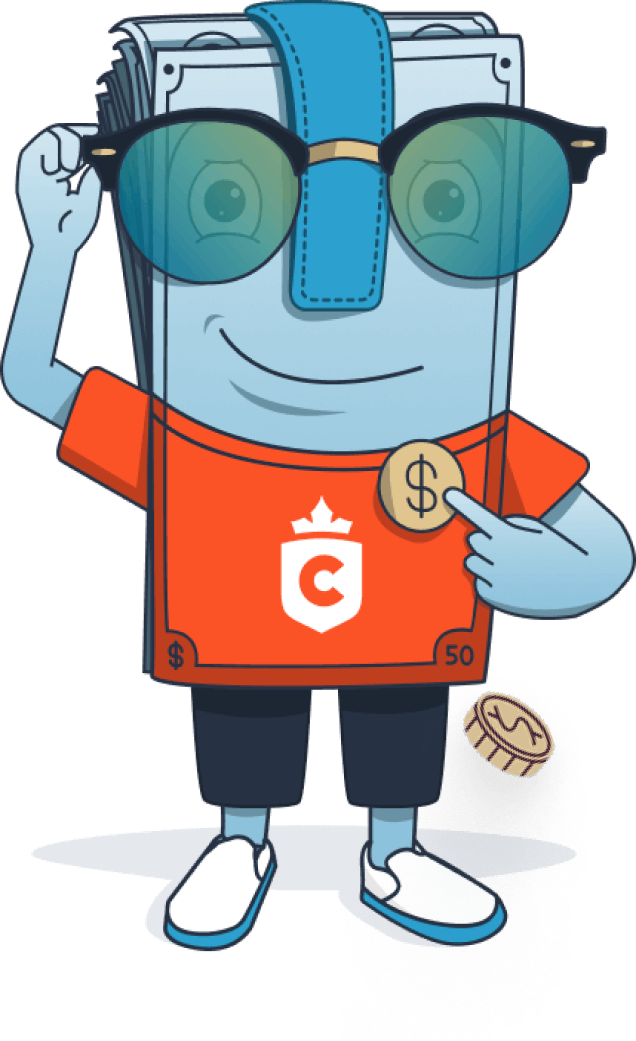

The majority of us work hard to make a living, but at times it feels like that living isn’t what we had in mind. While you may feel like you need loads of money to achieve the lifestyle you want, you might be surprised at how far you can get with a simple change in thinking. Focus more on when and how you use your income as opposed to how much you bring in. A solid personal financial status can get you where you want to be.
Change the way you look at,
THE BASICS
Numbers are one thing, the amount you earn and the amounts you owe, but what you do about those numbers is more important and critical in getting the life you want.
- Income VS. Expenses 101 | You might think you know how much is coming in and what you pay every month, but a lot can escape your notice as the months go on. The first thing you can do to establish a healthy financial status is to write it all down. Write it all down. Include anything standard, received every month without fail. For example,
-
- your net income,
- monthly benefits,
- and passive income.
Write down your monthly expenses, fixed and flexible, based on the highest average. Trying to curb spending only works when you are realistic. If you try to aim for the most minimal spending pattern, it won’t be accurate. You can look at your past spending habits using online banking or any financial app you may use. Include the following expenses:
- Rent/mortgage
- Insurances (Home, life, car, etc.)
- Utilities (Hydro, internet, phone, etc.)
- Car lease/financing
- Gas
- Groceries
- School/daycare expenses
- Take-out/delivery
- Morning coffees
- Subscriptions (Prime, Netflix, etc.)
- Sports lessons, art lessons, etc.
- Make A Wish List | Don’t make a shopping list, but rather a wish list of what your ideal lifestyle looks like. Remember that the little things you want, like material possessions and disposable income, are the result of a healthy financial state. You need to ask yourself the question – what does a healthy financial state look like for me? Consider adding the following to your wish list. You can make a short-term and long-term wish list.
-
- Buy a home/own a home
- Buy a car/own a car
- Debt-free
- College fund
- Yearly vacations
- Cottage/vacation home
- Renovate/redecorate
- A Realistic Budget | A realistic budget, like healthy eating habits, are more successful when they are balanced and doable. Whether you use a ledger, a mobile app, the envelope method or otherwise, create a realistic budget that you can stick to. If you remove too much of the things that make your life enjoyable, you will not only have a harder time keeping to your goal, but you will struggle with feeling positive about what you do have. Start simple by following these steps.
-
- Tally your total income.
- Deduct your total fixed expenses. (Your must-pay bills)
- This amount is what you’re working with.
- Deduct your flexible expenses from that amount.
- If you are over-spending (if you have no spare cash to pay off debt or save, you are over-spending), you need to purge your spending habits and renegotiate what you can’t live without. For example,
- Purge your spending habits. Cut out spending you can live without.
- Reduce the frequency of spending habits you find happiness in. Buy your morning coffee once a week instead of every day. Eat out once a month instead of every week, etc.
- Renegotiate your utility rates (like phone and internet), subscriptions (cancel the ones you don’t use), insurance rates, credit card interest rates, etc.
GET CREATIVE |Once you have the basics down and know what you are working with, it’s time to make that money work for you. While you may think it takes loads of extra money to make it grow, it just takes determination, careful attention, and sometimes a little trial and error.
- Pay Off Debt |Once you know what you are working with and have worked out a budget, you will want to do one of two things – pay off debt and save. Well, you might like to do both, but usually, it’s best to start with paying off debt. There are a few surefire ways to do that.
- Pay off your largest interest rate first while making the minimum monthly payments on the rest of your debts. Once that’s paid, move your focus to the next largest interest rate, and so on.
- Consolidation is also a healthy option to pay off your debt. Shop around for the best interest rate and then bring it to your bank to see if they can do better.
- Start Saving | Saving money is a no-brainer. Like everything good, there is a right way and a wrong way. If you try to save too much, you leave yourself open to unexpected costs and increased debt. If you don’t accord your savings to specific purposes, you could end up spending your livelihood on vacations and new stuff.
- Start an emergency fund. If there is one thing we learned with the arrival of COVID, it’s that no one is safe from losing their job when they least expect it. An emergency fund should cover around six months of income, but you can start small. Aim for $1000 intervals. This way, if your employment is compromised, your car breaks down, or another unexpected cost comes up, you won’t need to create new debt. If you get into a tight spot, consider a small online loan. You can pay it back in up to three months and avoid further debt on your line of credit.
- Save in fun and unusual ways. Put a jar in your entrance and empty your pockets and purse of any spare change and cash when you come in the door. Add up the amounts you save from reducing the frequency of your flexible spending (take-out, coffees, clothes, etc.) and put it in a separate account. The next time you need a new pair of boots or want a weekend away, you can cash out.
As your financial health rehabilitates, you will find yourself acquiring the things that make a difference. Slowly but surely, you will be living the life you always dreamed of.
Credito is a Canadian company offering financial advice and small online loans. They’re fast, easy, and reasonable. We appreciate hard-working Canadians and look for ways to help them have the lives they deserve, especially when it comes to unexpected costs.





